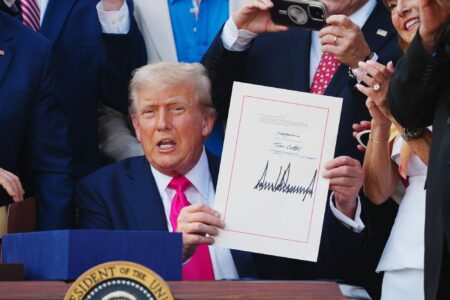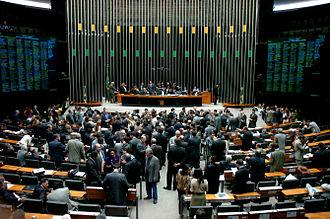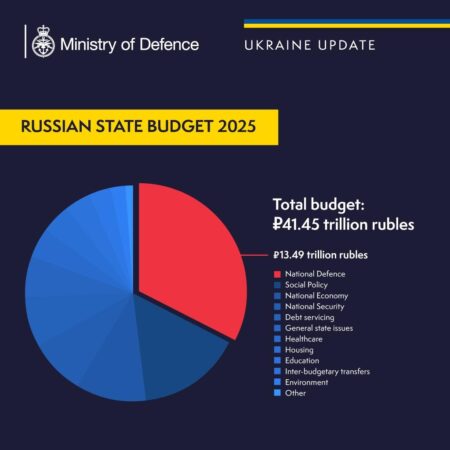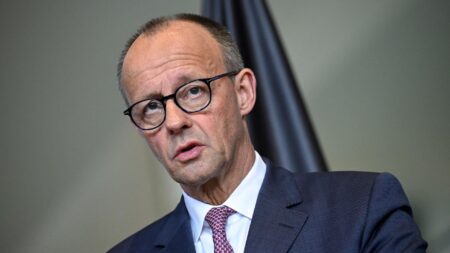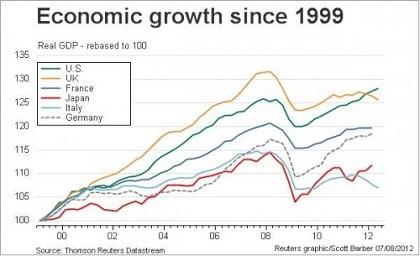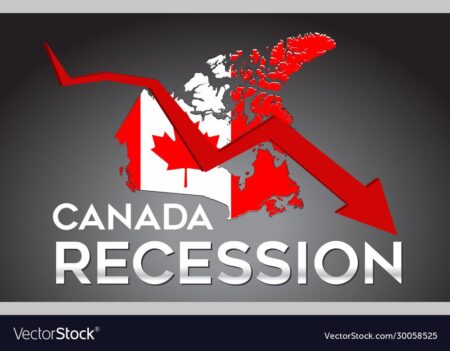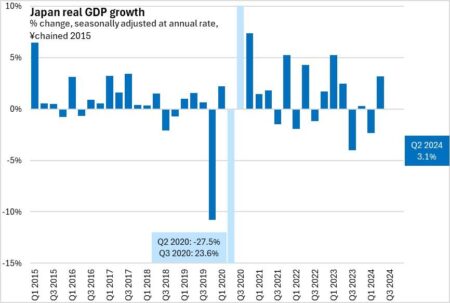The tax and spending bill proposed by former President Trump is set to take effect in early 2025, pending Congressional approval. This bold legislation aims to reshape fiscal policy dramatically, just in time for the crucial midterm elections
Browsing: fiscal policy
Brazil’s government is fiercely resisting Congress’ attempt to reverse a recent tax hike, intensifying political tensions. This showdown highlights the growing battle over fiscal policy as leaders work tirelessly to stabilize the economy, Reuters reports
Spain and Brazil have joined forces to urge the UN to implement global taxes on the super-rich, aiming to tackle skyrocketing inequality and unlock vital funding for sustainable development projects worldwide, officials announced at a recent UN summit
Germany is dramatically ramping up its borrowing to unprecedented heights, powering bold economic recovery plans and pioneering green initiatives. This daring surge in debt marks a significant shift in the nation’s fiscal strategy, sparking vibrant debate across Europe
Argentina made a daring move toward financial stability by unveiling a high-stakes $1 billion debt auction, determined to restore investor confidence amid persistent economic challenges, Reuters reports
Russia is preparing to revamp its 2025 budget amid a sharp decline in energy revenues, signaling the possibility of a wider deficit on the horizon. As reported by The Moscow Times, the government plans to adjust its spending strategy in response to oil and gas earnings falling short of expectations
The IMF’s 2025 Article IV Consultation for Spain highlights robust economic growth and improved fiscal stability, while emphasizing the need for continued reforms to boost productivity and address labor market challenges decisively
The International Monetary Fund is urging Germany to take bold action by rolling out reforms that will turbocharge productivity and ignite fresh investment. By championing innovation and creating a more flexible labor market, Germany can unleash sustained economic growth and cement its status as Europe’s economic powerhouse
Friedrich Merz unveils a bold €46bn corporate tax cut plan aimed at turbocharging Germany’s economy. This ambitious strategy is set to spark fresh investment and fast-track growth amid a sluggish recovery, igniting vibrant debates on fiscal responsibility and the country’s competitive future
Japan has launched an ambitious economic policy roadmap aimed at boosting domestic ownership of Japanese Government Bonds (JGBs). This bold move seeks to enhance financial stability and reduce reliance on foreign investors, Reuters reports
In a bold move, six provinces in Argentina are uniting to demand more than US$9 billion from the national government. They argue that financial commitments have been overlooked and stress the urgent need for enhanced funding. This escalating dispute underscores the growing tensions between regional authorities and the federal administration.
The Bank of Spain has raised a red flag about a slowdown in the growth of lending income, signaling potential hurdles for the financial sector. This shift could pose challenges to economic recovery efforts, sparking worries among both investors and policymakers.
As global tensions rise, Germany stands at a crossroads, grappling with pivotal decisions that will shape its economic destiny. Yet, leading economists caution that Friedrich Merz’s plans for rearmament and austerity might fall short in tackling the deeper issues of sustainable growth.
Economists are sounding the alarm, declaring that Canada has slipped into a recession. With consumer spending taking a hit and inflation on the rise, the outlook is concerning. Analysts predict that these persistent economic pressures may spell extended difficulties for Canadian households and businesses alike.
Moody’s has elevated Italy’s outlook to ‘positive’, highlighting significant strides in the nation’s financial well-being. This upgrade reflects a rising optimism about Italy’s economic resurgence, fueled by ongoing initiatives to bolster fiscal stability and draw in investment.
Germany’s new government is set to revolutionize the economy by prioritizing green initiatives and embracing digital transformation. Experts are buzzing with excitement over anticipated investments that could ignite robust growth, while potential tax reforms promise to reshape fiscal policies in the coming years.
The European Union has updated its growth forecasts for Italy for 2025 and 2026, highlighting worries about falling productivity and the effects of tariffs. This revision sheds light on the persistent economic hurdles the nation is grappling with as global trade dynamics continue to shift.
Japan’s economy has taken a surprising turn, contracting for the first time in a year and sparking worries among analysts. This unexpected downturn arrives just as looming tariff increases threaten to add more pressure on growth. Economists are sounding the alarm, suggesting that this trend could be an early warning of more significant economic hurdles on the horizon.
Germany has made a significant revision to its tax revenue forecasts, dramatically cutting estimates for 2029 by more than 80 billion euros. This substantial downward adjustment highlights the persistent economic challenges the country faces, including escalating costs and uncertainty in global markets, which are all taking a toll on fiscal planning
Mark Carney’s team has rolled out exciting new tax relief measures designed to lighten the financial load for Canadians, including our vibrant Indian expatriate community. Analysts believe these changes could bring substantial advantages to Indians living in Canada, paving the way for greater economic stability and prosperity

